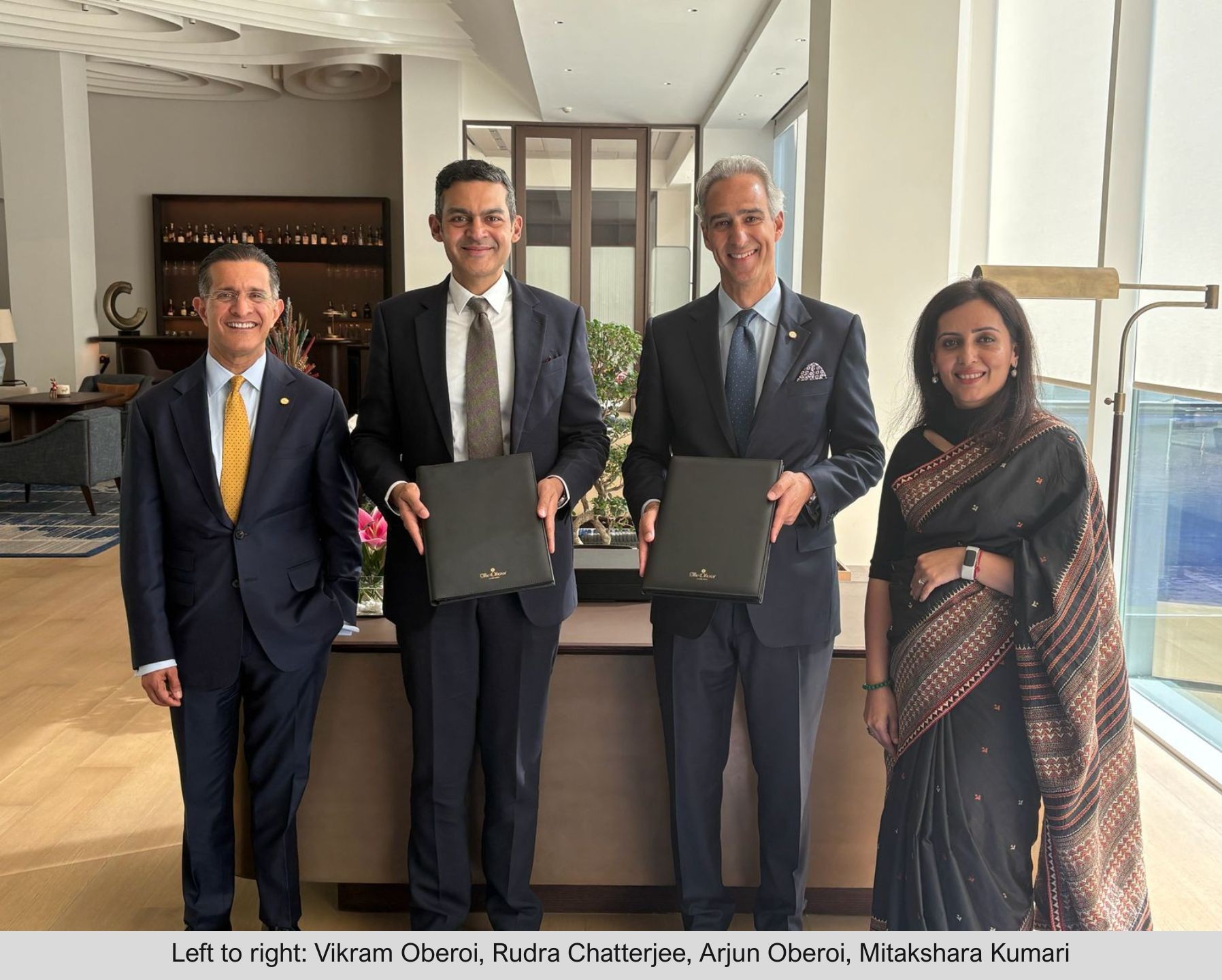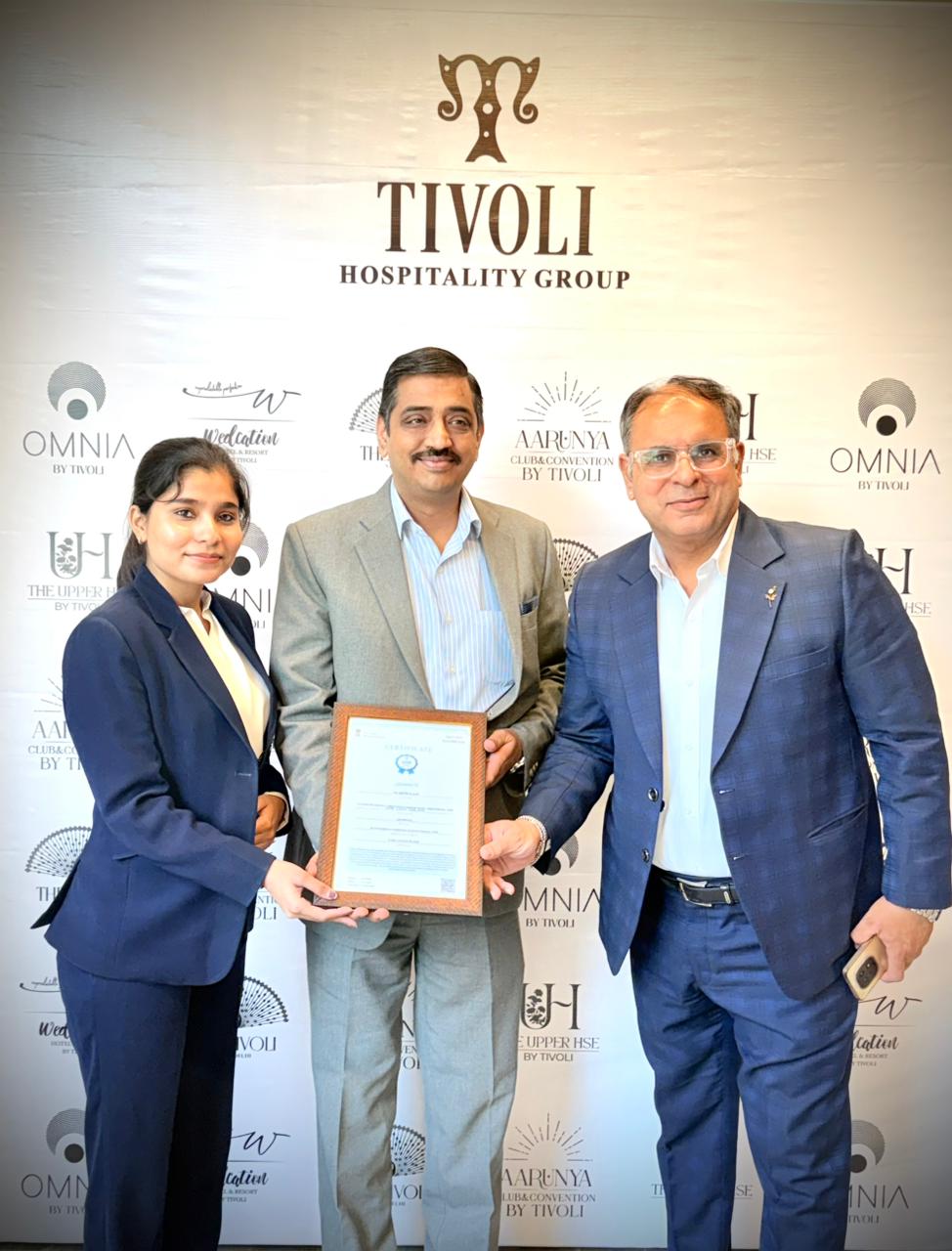Achieving 34% reduction in its food waste with strategies such as, measure, reduce, redistribute, & recycle. Vishvapreet Singh Cheema explains how IHG is plating up a sustainable future.
Food waste is a pressing global issue that has far-reaching consequences for the environment, the economy, and human well-being. According to the Food Waste Index Report 2024, released jointly by the United Nations Environment Programme (UNEP) and WRAP (Waste and Resources Action Programme), the world wasted 1.05 billion tonnes of food, equating to one-fifth (19%) of all food available. In India, the situation is particularly poignant as it is estimated that about 40 per cent of the food produced is wasted. We face the dual challenges of significant food wastage and a rising hunger index. This staggering amount of waste not only represents a monetary loss but also raises concerns about global hunger and the environmental impact of food production.
The hospitality industry faces a significant challenge with food waste. The industry has been experiencing rapid growth with an increasing number of domestic and international tourists due to which the volume of food prepared and served has surged. Unfortunately, this growth has been accompanied by an increase in food waste. As one of the world’s leading hotel companies, IHG Hotels & Resorts, embraces the responsibility and the opportunity to take active measures to combat food waste. At the core of our culture and business is to operate responsibly and sustainably.
Brighter future
Building on our commitment, in 2021, IHG launched a 10-year action plan called ‘Journey to Tomorrow’ that will make a positive difference to the world. We are focusing our actions on three significant areas. For our people, we promote well-being in the workplace, champion an inclusive culture, and advance human rights. In our communities, we seize the opportunity to improve millions of lives, whether by supporting disaster relief or tackling food poverty, or by imparting skills training that can drive social and economic change. For our planet, we work with our hotels to reduce carbon emissions in line with climate science, eliminate single-use items, reduce food waste, and collaborate with the local stakeholders in order to tackle water sustainability issues in areas of greatest risk.
This initiative provides our hotels with the know-how to succeed in our commitment towards sustainability. It offers practical ways and means of making smart choices, from packing food to reducing waste to finding innovative storage solutions. This empowers our teams to maximise efficiency and environmental management.
Shaping a better tomorrow
Over the past two years, IHG in SWA has implemented a concrete and comprehensive action plan in a bid to substantially cut down on food wastage, and this has been proven to be a transformative vision for the hotel group. Today, our strategies involve “measure, reduce, redistribute, and recycle” and the teams aim towards promoting circular solutions across our operations. With a carefully chalked out supply chain and honing the skills of the staff, we have significantly decreased food waste at IHG hotels throughout the country thereby achieving as much as 34 per cent reduction over the past year. This resounding success does not only benefit the environment but also leads to cost savings for the hotels.
Sustainability in action
Most IHG hotels in India embrace a “zero waste” philosophy, finding innovative ways to utilise every part of the food, benefiting both the planet and our guests’ palates. Even in the hotel kitchens, our professional chefs employ strategies to ensure every ingredient is used fully, promoting creativity and sustainability. Additionally, we have invested significantly in cutting-edge kitchen equipment that enhances quality and reduces food waste.
In our efforts to lessen food wastage, We have put in practices initiatives such as “No Bin Day.” By displaying meal waste boards prominently, we make sure that our groups are usually aware of and actively involved in reducing waste.
Targeted approach
With a sharp focus on utilising food waste effectively, in select IHG hotels such as Crowne Plaza Ahmedabad, we use bio-methanation plants that turn leftover food scraps into biogas, powering the hotels with smooth, renewable strength at multiple properties. Many IHG hotels such as Crowne Plaza Gurgaon and Crowne Plaza Okhla also compost food waste, transforming it into nutrient-rich fertilizer for on-site gardens, promoting a sustainable cycle.
Food waste remains a global challenge that requires a collective effort. To truly make a difference, we need a united front from everyone involved in the food supply chain, from farm to table. Implementing strategies that focus on reducing waste, redistributing surplus food, and recycling organic waste are essential steps that the industry must take.
(The views expressed are solely of the author. The publication may or may not subscribe to the same)
“In India, it is estimated that about 40% of the food produced is wasted.”
“Our chefs employ strategies in order to ensure every ingredient is used fully to promote creativity and sustainability.”
Vishvapreet Singh Cheema, Director of Operations – South West Asia, InterContinental Hotels and Resorts (IHG)









